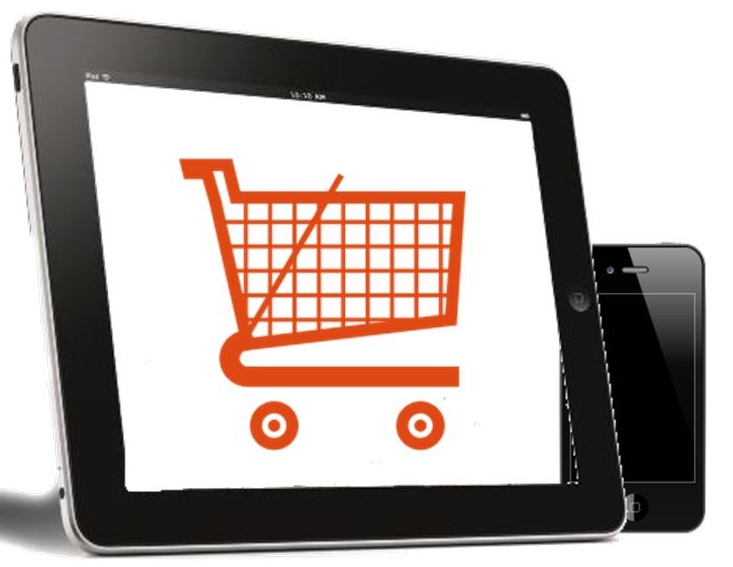 Report shows that smartphone users make up the bulk of mobile commerce
Report shows that smartphone users make up the bulk of mobile commerce
Mobile commerce is on the rise all over the world, backed by the proliferation of mobile technology. As more consumers purchase mobile devices, the more exposed they become to mobile commerce. Many consumers have begun to favor this form of commerce over any other, claiming that it is simply more efficient and, therefore, more appropriate for modern society. A new report from Arbitron Mobile, a leading market research firm, suggests that consumers favor their smartphones when it comes to mobile payments.
Smartphones are favored in the US and Europe
According to the report, the majority of U.S. smartphone owners make use of mobile commerce applications. These consumers also spend a significant amount of their time shopping with these applications. Outside of the U.S., approximately 66% of smartphone owners in the United Kingdom make use of mobile commerce applications. On average, UK consumers spend 134 minutes of their time on these applications. This trend can also be seen in Germany, France, and other European countries.
eBay and Amazon apps prove most popular with consumers
The report shows that mobile commerce applications from eBay and Amazon are the most popular with consumers. These applications account for the majority of spending occurring in the mobile commerce field and consumers tend to be engaged with these applications more so than any other. This is partly due to the fact that these applications are tied to the online stores hosted by eBay and Amazon, giving consumers a constant connection to the products they may be interested in.
Smartphones may be dominant platform for mobile commerce
Mobile commerce has been gaining ground with tablet users due to the functionality of these devices. Smartphones, however, are likely to remain the most popular platform through which to participate in mobile commerce. Consumers still express some concerns regarding security, but most have shown that they are willing to conduct mobile payments through secure platforms.

 Tablets are eclipsing smartphones in the realm of mobile commerce
Tablets are eclipsing smartphones in the realm of mobile commerce